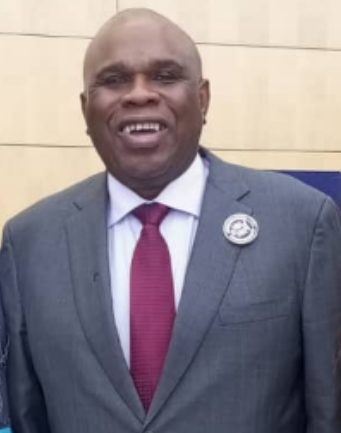
By Patience Chat Moses
The President and Chairman of the Board of African Export-Import Bank (Afreximbank), Benedict Oramah, has noted that in an attempt to facilitate projects in Africa’s energy sector, over thirty-four billion dollars have been disbursed by the bank in a few years.
Oramah stated this while giving his do keynote speech at the ongoing African Energy Week (AEW) in Cape Town, South Africa.
He advised that Instead of being misguided into being the biggest big crude exporters, investment should be shifted towards building petrochemical refineries, which will benefit African Nations and citizens in the long run.
Also, the Executive Secretary of the African Energy Chambers (AEC), the organizers of the African Energy Week (AEW), NJ Ayuk, maintained that Africa’s contribution to greenhouse emissions amounts to just three percent and is not enough reason to ask African countries to embrace global energy transition campaigns.
Meanwhile, in a panel session at the same event, Nigeria’s Minister of State Petroleum Resources, Oil, Heineken Lokpobiri, urged government and ministries of the petroleum sectors in Africa to invest in energy security amidst the global campaign for nations to abandon oil and gas resources which they have in abundance, in the name of energy transition, adding that African nations should be allowed to transition at there own pace.
According to him, African countries can’t engage in discussions about energy security without the investment in energy adding that the investments we need to catch up with other countries are slow. He emphasized that we need this investment to be able to industrialize and tackle our issues of energy poverty.
Lokpobiri urged African Nations to join forces and take the future of the energy sector into their hands despite discouragements in the form of funds denial.
On energy transition, he said: The issue of energy transition should not even arrive in Africa because we don’t have energy. You must have energy first before you think about transition
and we believe that if we are going to transit, allow us to transit at our own pace. Because we are victims and not culprits in this circumstance, he concluded.











